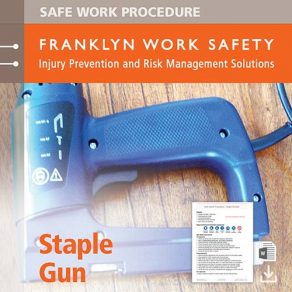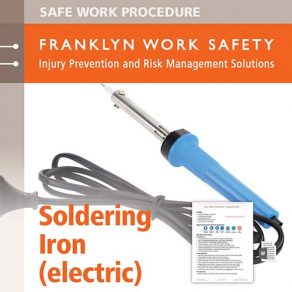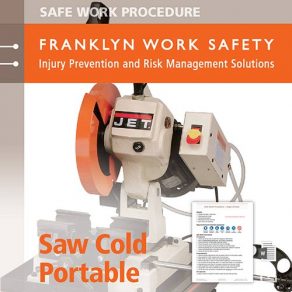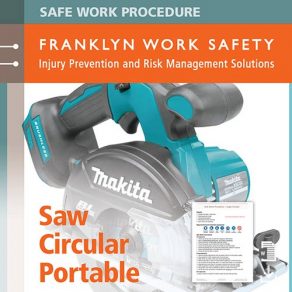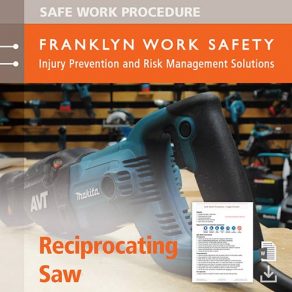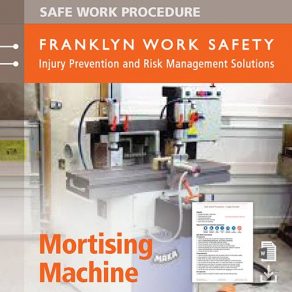A UK study involving 46,336 workers across 233 organisations, has found “no evidence” that individual-level mental health interventions result in lasting improvement in workplace psychosocial risk management.
There is a substantial body of evidence supporting organisation level strategies and practices as effective for improving workers’ psychosocial health. Strategies and practices such as performance development programs, leadership training, and systems to manage workload distribution etc. Conversely, interventions such as mindfulness, resilience and stress management, and relaxation classes appear to provide minimal long-term benefits on people’s wellbeing at work. Despite this, the study found that interventions which target the individual worker, remain the most common controls for workplace psychosocial risk management.
“There’s growing consensus that organisations have to change the workplace and not just the worker,” said Dr William Fleming, Research Fellow at the University of Oxford’s Wellbeing Research Centre.
This research reaffirms the approach outlined in WorkSafe WA’s Psychosocial hazards in the workplace – code of practice. It’s reassuring news for organisations implementing training and risk assessments underpinned by the Code.
If you are looking to chat more about the Evidence Based Psychosocial Risk Management study or health and safety training in your workplace, feel free to reach out to us.



